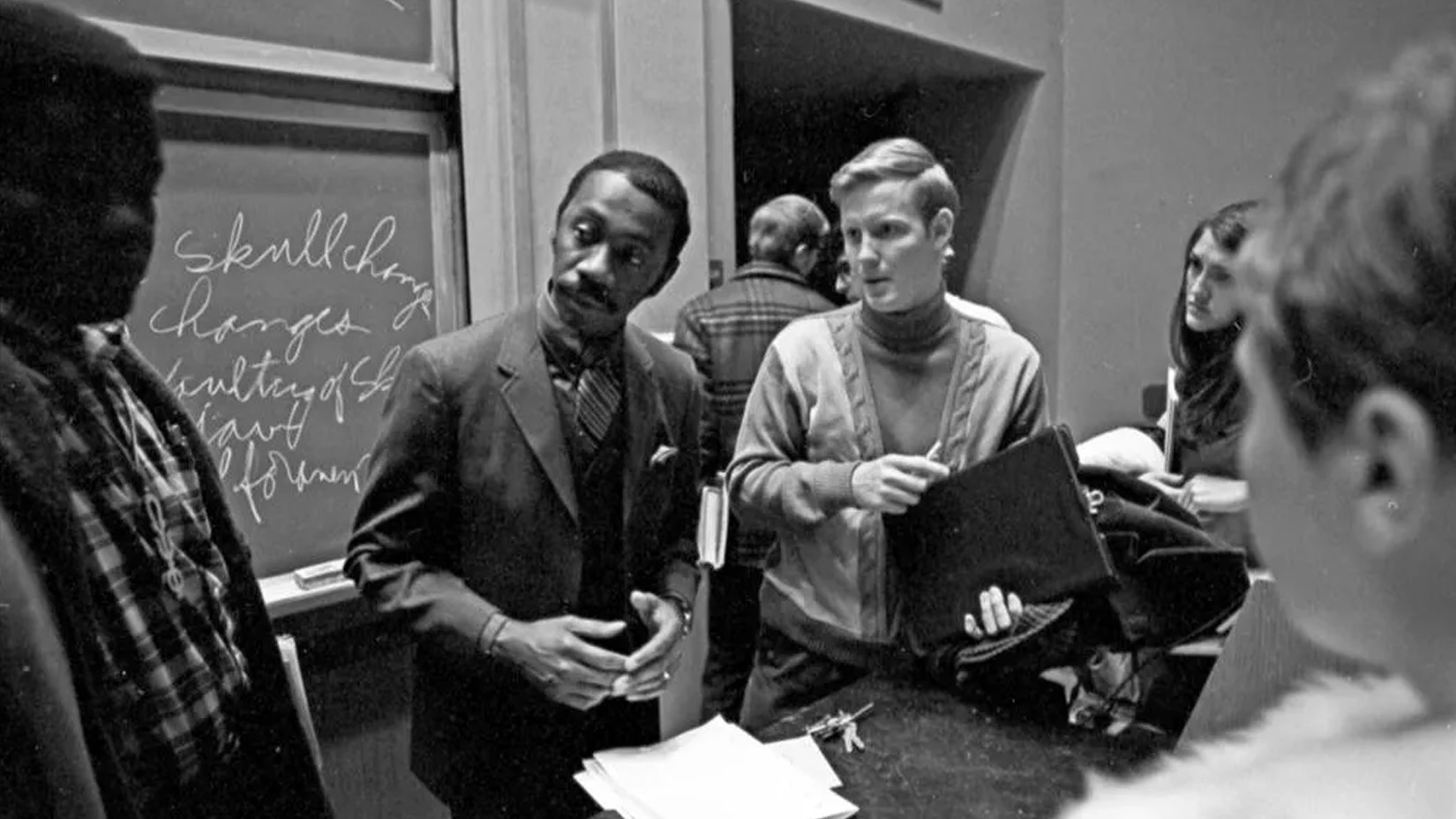Black History Month 2024

February marks the annual observance of Black History Month, a time to recognize and honor the rich heritage, achievements, and ongoing struggles of Black people. Founded and championed by historian Carter G. Woodson to ensure Black voices and contributions were not erased from traditional narratives, Black History Month originated as "Negro History Week" in 1926. Over time, it evolved into a month-long celebration, officially recognized by the U.S. government in 1976. Today, it's observed not just in the United States, but in Canada, the United Kingdom, and across the globe.
Black History Month gives us an opportunity to illuminate often-overlooked stories of Black brilliance, resilience, and resistance. While the broader celebration of Black History Month is critically important, we’d like to take a moment to celebrate Black scientists and inventors who have shattered barriers and made groundbreaking contributions to STEM fields despite facing immense obstacles. Please take a moment to read these blog posts that share the stories of scientists like chemotherapy pioneer Dr. Jane Cooke Wright and Dr. Herman Branson who co-discovered the alpha helix protein structure.
Another luminary we'd like to highlight is James P. Holland, Ph.D., who inspired one of JCVI’s very own to pursue a career in science. Dr. Holland was a professor at Indiana University for 30 years and contributed significantly to the University in numerous ways including recruiting, mentoring students, and conducting his own trailblazing research on thyroid hormones in the reproductive physiology of women. He made a significant impact on his more than 11,000 undergraduate students, including JCVI’s Derrick Fouts, Ph.D., synthetic biology professor.
According to Dr. Fouts, Dr. Holland helped him tremendously during his freshman year at Indiana University and beyond and is one of the people in his life who inspired him to become a scientist. Dr. Fouts shared that, “Dr. Holland was one of my favorite teachers. He helped to shape who I am as a scientist and his enthusiasm and tireless devotion to teaching biology made a lasting impact on me and many of my fellow students at Indiana University.
Outside of teaching, Dr. Holland established and ran a summer enrichment program that gave underrepresented minority students with a desire to explore the STEM fields a chance to take deeper dive into the world of science. He was appointed associate dean and interim dean of the university. Among his many accolades are receiving the Indiana University Distinguished Service Award in 1994 and the Chancellor’s Medallion in 1997.
Black History Month isn't just about looking back, it’s a call to action for all to support Black communities, to educate ourselves, inspire others, and act towards a more equitable future.
Here are some ways in which you can celebrate Black History Month:
- Read books and articles by Black authors, watch documentaries about Black history, or enroll in an online course or workshop.
- Support Black businesses, locally run or online.
- Attend a related cultural event in your community. Museums and art galleries are good places to start.
- Volunteer your time with local nonprofits, including mentoring youth.
- Donate to a Black charity.